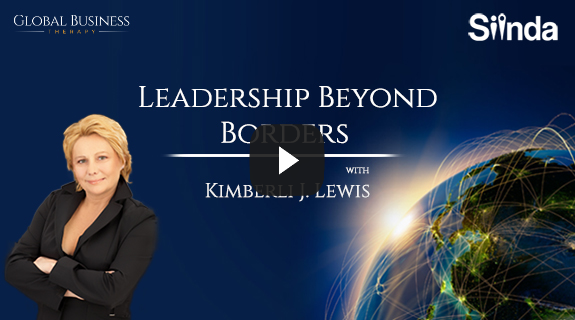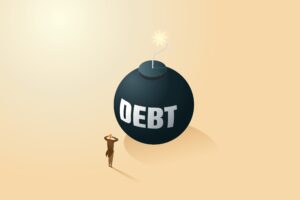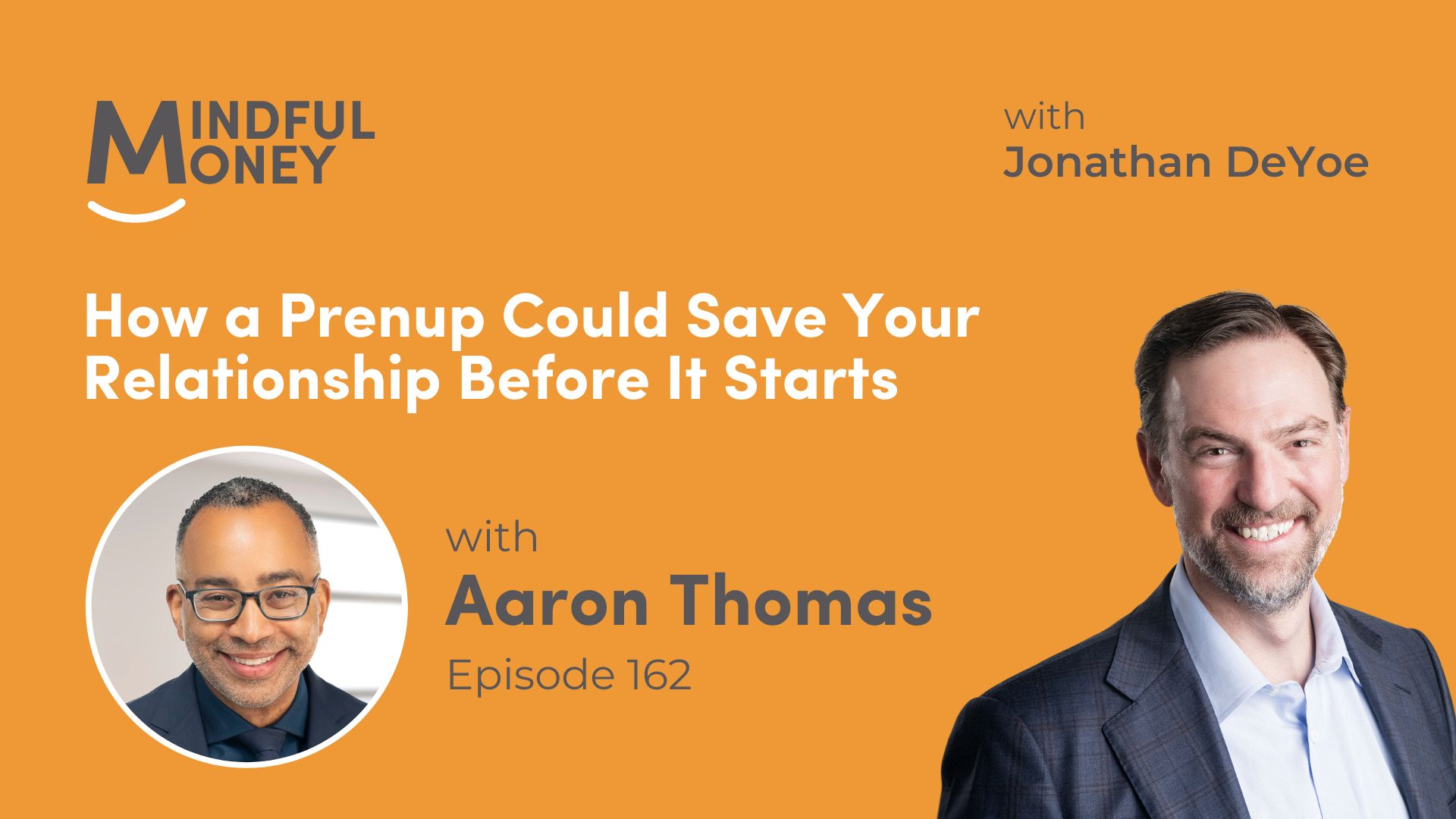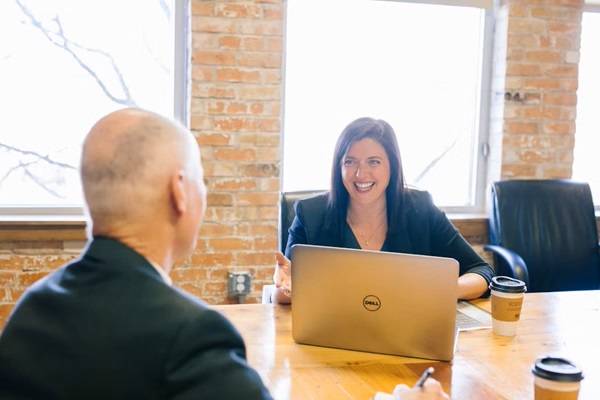Thank you, Kimberli for a fantastic interview!
DESCRIPTION:
Paul Van Der Merwe, author and engineer is known for the quote “Money makes the world go around; however, happiness greases the axle. Without this lubricant, life will seize.” But most us only know the expression “money makes the world go round ” which can be interpreted that that money is the most important or one of the essential things in life. We all have different attitudes toward money, and we all have different practices when it comes to earning, saving and spending money and some practices better than others. With a worldwide economic crisis and the US national unemployment rate reaching 14.7% in May this year, and around 14.0% in some European Countries such as Spain, our focus has turned to being very mindful about money. Our guest today is an expert on Money and the author of Mindful Money: Simple Practices for Reaching Your Financial Goals and Increasing Your Happiness Dividend. He helps us make the concept of money tangible through best practices and tips.
SKIP TO:
Money Almost Never Lives Up to The Hype
[07:16]
Money is the only thing we think about and use every single day of our adult lives, that we never really understand. It plays into our worst emotional and cognitive biases. We end up valuing our lives based upon it, and it doesn’t provide the happiness we think it’s going to, even when we finally have it. Why is money such a significant source of stress? For a large part of the population it’s because they don’t they don’t have enough. And when you do have enough, it doesn’t live up to the hype.
On “Enough” vs. “More”
[08:21]
The right amount is the right amount. More isn’t necessarily better. In the U.S. we are a culture of “more.” It takes some deep inner work, and perhaps a financial plan [to figure out what the “right amount” is].
Financial Success Demands Emotional Intelligence (More Than Smarts)
[24:02]
The smartest people with the best technology and the most access to both information and calculation power gain NO advantage in investing, over the patient acquirer of a properly-allocated set of index-based portfolios. It isn’t buying the right thing at the right time that counts. It is buying the whole set of things, and hanging on when it feels bad to hang on.
That’s why that emotional intelligence is so much more important than financial acumen. That’s why building an investor’s character, and ability to be resilient in difficult times, is so much more important than actually learning the “math” of finance.
On Recognizing the Limits of Our Knowledge
[25:12]
In our culture, people trade based on things they think they know. But the future is unknowable. An emotionally intelligent person can sit with the anxiety of that unknowability and not make decisions based on it. “Yeah, I think this,” or “This pundit said that, or “This might happen,” or… When you’re thinking about long-term investing, it’s about “probability.” There are well-researched processes: diversification, asset-allocation, rebalancing that allow you to just be patient and not force anything. Again, we go back to mindfulness as a great tool.
No One Can Predict Markets… No One.
[26:20]
No one can consistently time the market. No one can predict which fund or portfolios can outperform which other fund or portfolio over any kind of short period of time. It isn’t about prediction. It can’t be about prediction. Research proves this. It’s about planning and sticking with that plan when it when it feels bad. Because whatever you do, whatever process you put in place, it’s going to fall apart at some time. It’s sticking to the process when it falls apart that brings you through.
A Portfolio Process that Works Without Prediction
[27:06]
As opposed to folks who are going to try to pick stocks or time to market, the simple way –the way that works over time — is again, 1) plan-appropriate asset allocation, 2) diversifying across lots and lots of different holdings and sectors and geographies, and then 3) rebalancing. That process actually gets you where you want to go with a higher probability than all the guesswork and future prognostication.
On Diversification
[27:54]
Diversification doesn’t remove risk. It takes away the individual security risk. When I say diversification, I’m not talking about 500 companies or 100 companies. I’m talking about thousands of companies buying portfolios that are filled with thousands of companies. This means you’re not buying each company individually. You’re not researching 5,000 companies. You’re buying a fund that owns 5,000 companies, or you’re buying an ETF that owns 5,000 companies. You’re buying a whole bunch of stuff at once. That’s diversification.
How Do I Get From “Plan” To “Portfolio?”
[31:22]
How we get to asset allocation is looking at a plan. A plan says, “Okay, I can save this much, I can deal with this much volatility, and I have these lifetime expectations in terms of milestones, spending needs and retirement goals.” Then you try to solve for the sweet spot between “Do I have to save a little bit more, or put up with a little more risk?” or “Can I change some of my goals?” and you balance those three things together, and find that place where it works.
Some Forms of “Advice” Are Really Just Commodity in Disguise
[32:33]
There are probably five different categories of advisors — Michael Kitces does a great part on describing those. If you have an old school advisor (and honestly this is how I started) that is helping you select investments and time markets, well, as we discussed, this is an impossible place to add honest value. These practices are a commodity. You may as well stick with a digital advisor, if you’re paying an advisor to pick mutual funds or to time the market. You should not pay that advisor. You can get that cheaper someplace else. However, if you have an advisor who’s actually doing a planning process for you — [who is] going through and helping you look at your trade-offs [and] trying to help you understand what you value in life, what is important, what might actually lend to a higher percentage of happiness for you long-term — if THAT advisor is going to put all those things into a plan, and then help you build a portfolio that reflects that plan, [that’s the biggest help an advisor can provide].
The Highest Value “Advice” Available
[33:39]
According to Morningstar and Vanguard, [an advisor not only has to] help you figure out what’s important, make all those financial planning moves and build a portfolio, they have to help you stick with the portfolio. [According to their research] that is the highest value a human advisor can add, that stick-to-itiveness when it’s hard.
Causes Are Often Unprecedented; Responses Never Are
[40:42]
I hear this word all the time, “unprecedented, unprecedented, unprecedented.” The reality is, while the specifics of every scenario (be it the dot-com, be it 9/11, be it the Great Recession, or be it Covid), the specifics are always “unprecedented.” I heard the same words in each of those circumstances. The way it affects business, the recession-expansion cycle, the way it affects humans on the ground — the loss of jobs, the loss of income, the we have to make some changes, find new sources of income, find re-employment, and the slow regain of that employment — those things are almost always the same. Sometimes they’re accelerated, sometimes they’re slowed down. But the process is always very similar.
Choose Wisely How To Spend Your Time
[42:13]
If you’ve lost your job or are suffering because of Covid 19, what are you doing to help [yourself]? What are you learning that’s new? Are you working on your own well-being? So you can’t work, are you exercising more? Are you learning new skills or increasing the things that will help you be successful on your job when you get back, help you get raises? Or are you on social media and watching Netflix? There’s a choice that we’re all going to have to make here.
Markets Go Down, Then Markets Recover
[44:04]
The reality is that the market-driven, performance-driven person is always going to be reactive to markets. The lesson that we should learn is, every time the thing tanks, it comes back. But that we forget that, and so every time it tanks, you see all kinds of people, all kinds of articles, all kinds of media telling us run for the hills, sell everything. When that’s NEVER been the right thing to do.
Calculate Your Retirement Number
[48:17]
If I can project what my expenses are going to be, and I know what my fixed income is going to be, I have got to understand what that gap is. I have to know how much in assets I will need to spin-off an income to fill the gap. Once you’ve done that, you know what your number is. Then you have to act. You’ve got to do the stuff to fill the portfolio that you have. You’ve got to put that plan into process.
Start Planning and Investing Young
[49:10]
The best thing we can do is think about [financial planning] in our 20’s. It’s never about… timing the market, it’s about time in the market. If you retire at 70, that’s 50 years of compounding! There are simple Excel spreadsheets to show you the benefits of putting money away when you’re young. However, the reality is we don’t do it. So it takes someone getting to be 45 to start thinking, “Oh my God, I haven’t planned, I’ve got to start planning for retirement.”
Prepare Kids to Inherit – Financial Literacy
[50:38]
A good analogy is in American football. Not preparing the next generation is sort of like having a great quarterback, and having receivers that have no idea how to catch the ball. It doesn’t work. This one hits close to home for me, I get really passionate about it. Because I feel like I’m really good at what I do, and by really good, I mean “Socratically good.” The reason I’m good is that I know what I don’t know, and I know what I can’t know. My biggest fear is that I leave a whole bunch of money to my kids, and they aren’t ready. They’re 12 and 15 now, so preparing them is a work in progress. But in my opinion it’s the last job I have on earth. It’s the thing I have to do, that’s the most important thing I can do.
On Finding a Healthy Balance Between Money and Happiness
[51:54]
I think it’s important to get a little philosophical about it. Recognize that not everything that matters has a price tag. Then you have to decide among those things that might matter, which ones will matter to you. And then you’ve got to build a plan… Then, at the very end, you stop guessing. And, you stay mindful.
Subscribe to Leadership Without Borders
Apple Podcasts






